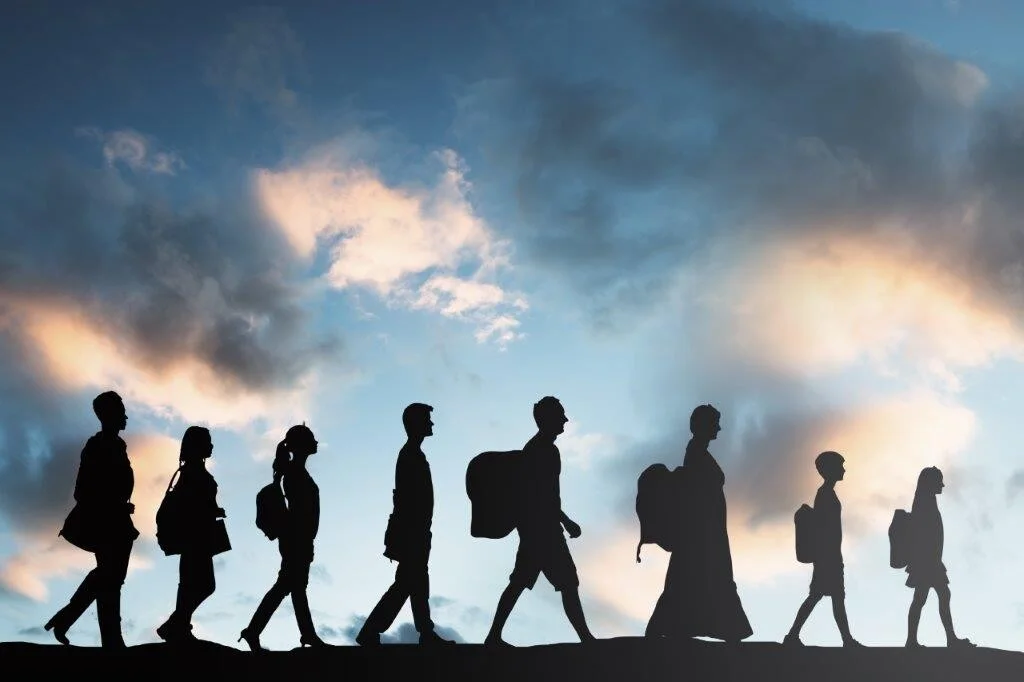The way the UK Home Office handles applications for family reunification from migrants stranded in conflict areas has drawn criticism. Critics contend that numerous obstacles exist in the process, rendering family reunions all but impossible. The limited exclusions offered for biometric uploads, a necessary element in the visa application procedure, have drawn criticism from MPs and charities.
A System Blocking Family Reunions
Applicants for a family reunification visa must submit biometric information, including photographs and fingerprints. This is typically completed at visa application centres (VACs) in the applicants’ home countries. These facilities, however, are either closed or inaccessible to refugees in Afghanistan, Sudan, and Gaza because of ongoing wars.
In such circumstances, candidates may seek an exemption completely or ask for a postponement of submitting biometrics until after they arrive in the UK. Data, however, shows that these requests are rarely granted.
There was only one exception and eight biometric deferrals between May 2023 and February 2024. Some refugees have been forced to travel dangerously to neighbouring countries to find operational VACs, as a result of this, leaving them stuck.
Charities contend that this strategy leaves vulnerable people open to abuse and exploitation. Members of Parliament have referred to the system as unsuitable, highlighting the disparities in the treatment of refugees from different geographical areas.
Stark Contrast with Ukrainian Refugees
The Home Office’s two-tiered approach to refugees has drawn criticism. The UK permitted Ukrainian refugees to apply for family reunion visas after Russia invaded Ukraine without having to provide biometric information beforehand. But others escaping Afghanistan, Sudan, or Gaza have not received the same compassion.
Jeremy Corbyn is part of a coalition of MPs who have called on the government to give the same consideration to refugees from other war areas. They argue that requiring biometrics is discriminatory and impractical in the current environment.
The regulation makes it “impossible” for refugees in these areas to apply for visas, even if they have obvious family ties in the UK, according to Nick Beales, head of campaigns at RAMFEL.
Calls for Reform
Charities and advocates continue to work towards bringing about change. The Home Office has been requested by the Gaza Families Reunited campaign, with the support of multiple organizations, to develop a customized program for refugees in war-torn areas. Expanding the requirements for family reunification is another goal of a private member’s bill in the House of Lords.
The Home Office insists that biometric deferral requests are evaluated individually despite these appeals. The low approval rates, according to critics, reveal a stark contrast in bureaucratic indifference to human suffering.
FAQS
What obstacles must refugees from conflict areas overcome to submit their biometrics?
In war-torn areas like Gaza, Sudan, and Afghanistan, refugees frequently encounter blocked or unreachable visa application centres (VACs). They run the risk of exploitation, abuse, and hazardous travel when they travel to nearby nations to submit biometrics.
What steps are being taken to alleviate the difficulties that refugees from conflict areas face?
Reforms, such as expanded family reunion criteria and programs specifically designed for refugees from war areas, are being demanded by advocacy organizations and Members of Parliament. These concerns are intended to be addressed by a private member’s bill in the House of Lords.



